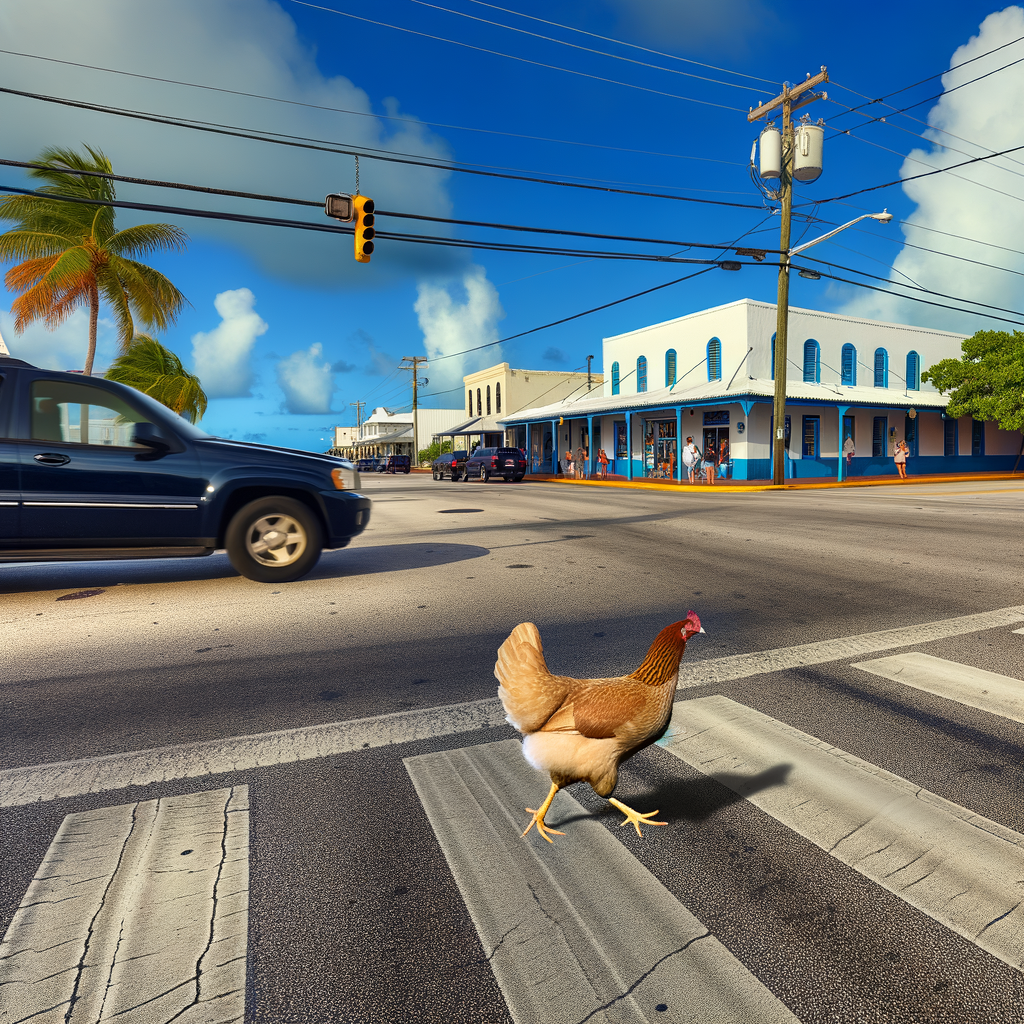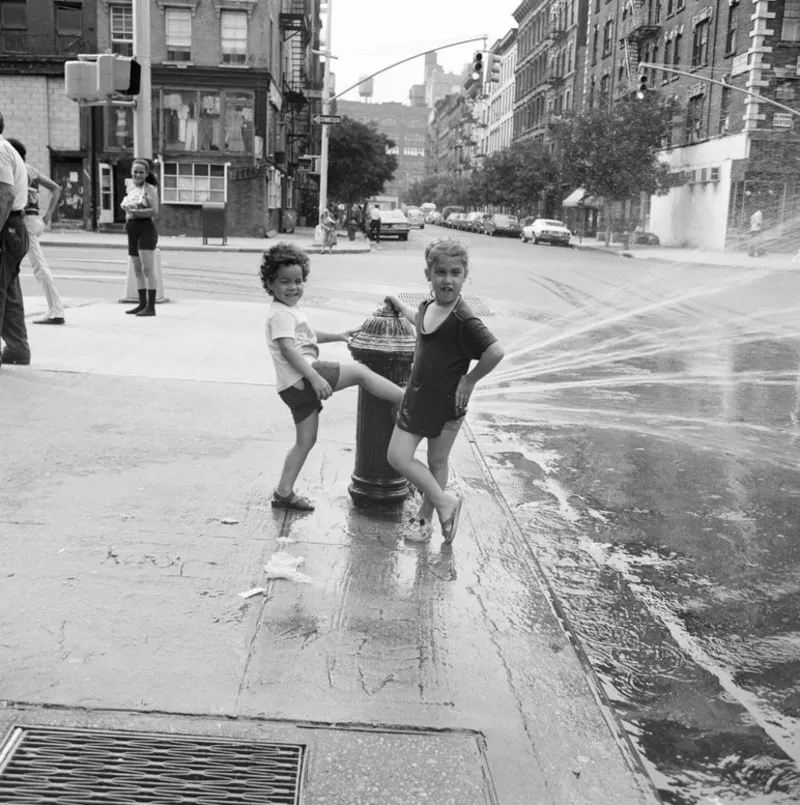In a heartening move that blends creativity with compassion, the city of Mission Viejo, California, has adopted a unique animal shelter enrichment program that uses music to soothe and support homeless pets. What makes this initiative particularly remarkable is its origin: the program, called “Wild Tunes,” was created by 12-year-old Yuvi Agarwal from Houston. Designed to help stressed and abandoned shelter animals feel more at ease, Wild Tunes encourages volunteers to play instruments or sing to the animals, creating an environment that fosters trust and emotional healing.

This innovative approach to animal care is gaining attention not just for its ingenuity, but also for its potential to make a meaningful difference in the lives of shelter pets. According to Yuvi, music can be a powerful tool for emotional connection. “Music has the power to calm, connect and heal,” he explained in an interview with Patch. His vision is to help animals associate human presence with positive experiences, ultimately increasing their chances of adoption.

The Mission Viejo Animal Services Center is preparing to launch the program at noon on Tuesday, August 5, and is currently seeking volunteer musicians and singers of all skill levels to participate. The goal is to create a comforting auditory environment that can reduce anxiety and help animals become more comfortable around people. This comfort, in turn, can lead to more successful adoptions and a better quality of life for the animals while they await their forever homes.
I found this detail striking: a 12-year-old identifying a gap in animal welfare and developing a practical, scalable solution. It’s a reminder that empathy and innovation aren’t bound by age. Yuvi’s initiative stands out not only for its originality but also for its deep understanding of the emotional needs of shelter animals, something that is often overlooked in traditional care models.
The Wild Tunes program also offers a broader benefit beyond the animals themselves. Brynn Lavison, Director of Animal Services in Mission Viejo, emphasized the potential for this musical enrichment to improve the overall shelter environment. “We look forward to partnering with Wild Tunes to introduce a new form of enrichment powered by music that has the potential to improve the experience for the animals, improve staff well-being, and enhance the involvement of volunteers,” Lavison said.
This multi-tiered benefit underscores the holistic nature of the program. Not only could it lead to better behavioral outcomes for the animals, but it also has the potential to boost morale among staff and deepen community engagement. Volunteers who participate won’t just be offering their musical talents—they will be playing a direct role in improving the lives of animals and supporting a more humane shelter system.
For those in the Mission Viejo area interested in getting involved, the program is actively seeking volunteers. Whether someone is a seasoned musician or simply enjoys singing, their contribution could make a tangible difference. Information about registration and participation is available at wildtunes.org/volunteers, or by calling 949-470-3045.
Using music to help shelter animals is not entirely new, but Wild Tunes distinguishes itself by being community-driven and youth-led. This grassroots approach could serve as a model for other cities looking to enrich their own animal care practices. The program’s expansion into Mission Viejo could be the beginning of a broader movement that reimagines how we support animals in transition.
From an SEO perspective, this story naturally highlights several key phrases: “music program for shelter animals,” “volunteer musicians for animal shelters,” and “Mission Viejo animal services.” Each of these terms reflects the core elements of the story and aligns with the growing public interest in humane, innovative animal care solutions.
At its heart, Wild Tunes is about more than just music; it’s about connection. By transforming shelter environments into spaces of comfort and calm, the program helps animals begin to trust again. It also empowers volunteers to engage in meaningful, joyful service. As more communities explore ways to support homeless animals, programs like this one offer a hopeful, tuneful path forward.













